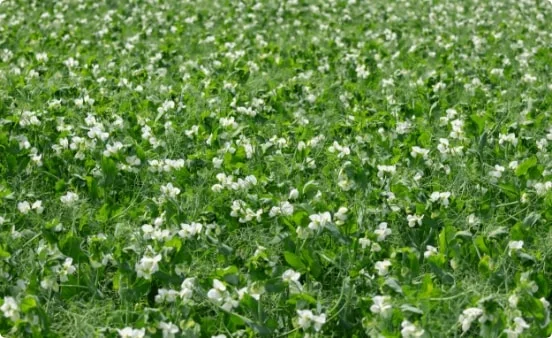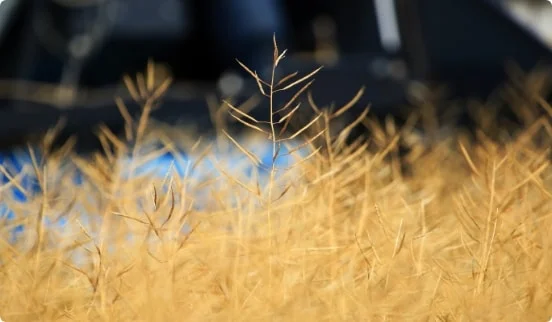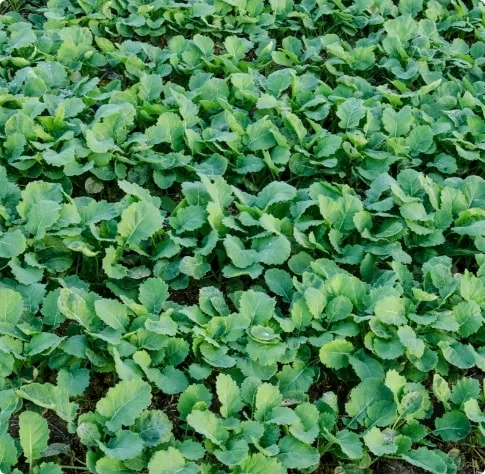Build healthier fields, reduce disease pressure, and unlock the full potential of your crops.

By accelerating the breakdown of crop residues, H-Start disrupts the lifecycle of soil-borne pathogens. This leaves fewer places for diseases to survive between growing seasons, reducing the pressure on your next crop.
Beneficial microbes in your soil get a boost, thanks to H-Start. These microbes outcompete harmful pathogens and produce natural compounds that protect your crops from disease.
Soil microbes supported by H-Start bind particles into stable aggregates, improving soil structure. Better soil structure enhances water infiltration and root growth, creating conditions where pathogens struggle to thrive.
The breakdown of organic matter is accelerated, releasing nutrients your crops need to grow strong and healthy. With balanced nutrient availability, your plants are better equipped to resist disease and reach their full potential.


DNA testing of soil treated with H-Start shows significant improvements in microbial diversity and abundance, particularly in populations of beneficial organisms that suppress harmful pathogens. Results highlight:
Check out the full DNA testing results at our Birch Hills Commercial Demo field.
H-Start is designed to enhance soil productivity by improving microbial health and creating conditions that support crop resilience and higher yields. Whether you’re looking to address underperforming acres, reduce disease pressure, or improve soil structure, H-Start is the solution. Ready to see the benefits firsthand?
Contact Us Today to learn how H-Start can transform your operation.

Disease-prone soils, especially those impacted by Aphanomyces root rot and the ensuing root rot complex, can be challenging for crops like peas or lentils. Enhancing soil health with beneficial microbes through H-Start can help suppress pathogens and improve soil conditions, making it possible to reintroduce these crops over time.
Results vary depending on soil conditions and practices, but many farmers observe improved plant health and reduced disease pressure within one to two growing seasons.
Beneficial microbes can help reduce the impact of a range of soil-borne diseases, including Verticillium stripe, clubroot, and root rot complex in all crops, which are common in Western Canada.
Yes, by naturally suppressing pathogens, disease suppressive soils can lower dependency on fungicides.
Yes, beneficial microbes can be integrated with other disease management practices, such as crop rotation, resistant plant varieties, and fungicides, to create a comprehensive and sustainable approach to soil health.